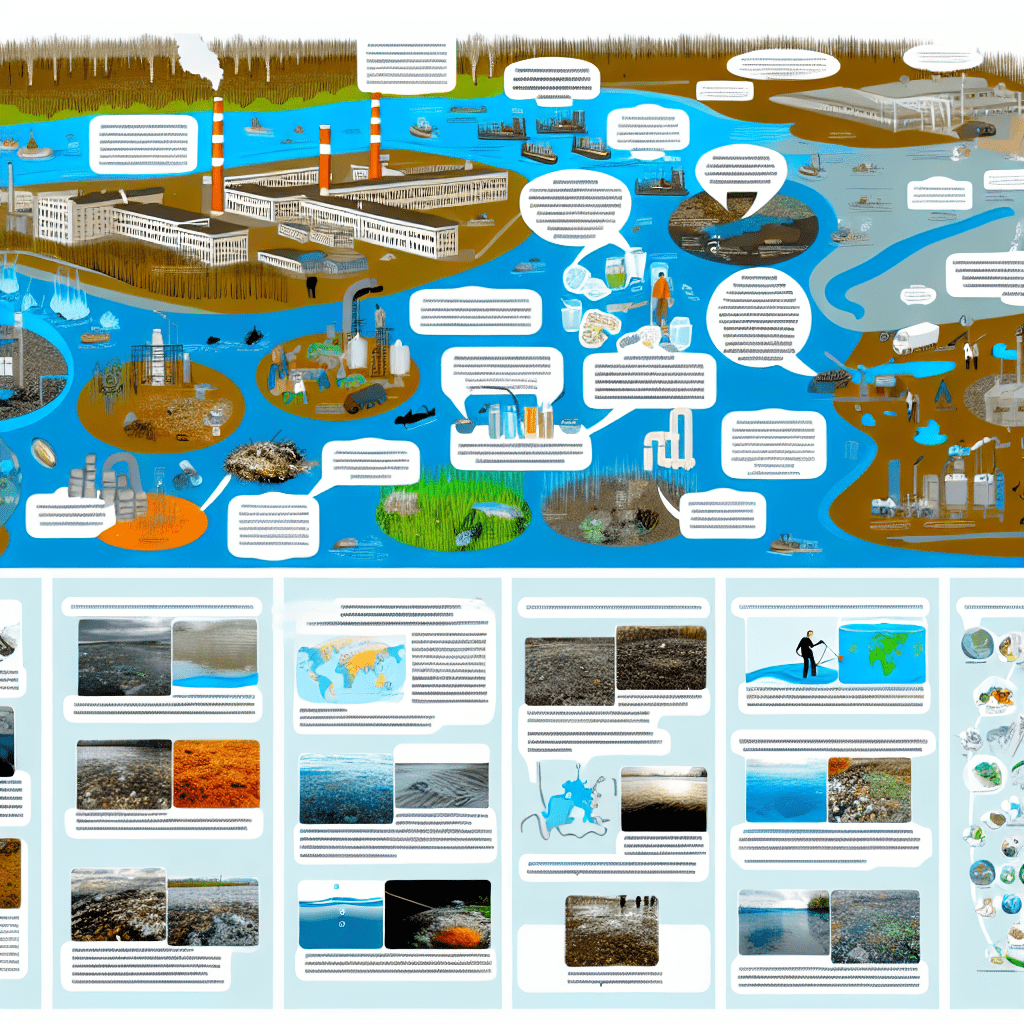”
Russia, the world’s largest country, boasts a diverse array of water bodies, including the Volga River and Lake Baikal. Despite this scale and diversity, water quality remains a persistent issue. This article explores Russia’s water quality challenges, their sources, and potential strategies for lasting improvement.
Russia’s struggle with water quality primarily originates from industrial pollution, inadequate sewage treatment and disposal, agricultural runoff, and the emerging impacts of climate change.
Common pollutants in Russia’s waters include heavy metals, oil, agricultural nitrates, and untreated sewage. These contaminants not only endanger human health but also disrupt the rich and diverse aquatic ecosystems, adding strain on the country’s water treatment systems.
Russia’s water management policies, including the Federal Law on Water Protection aim to regulate pollution, yet the water quality issues persist, underscoring the need for a more concerted and sustained approach.
Addressing Russia’s water quality concerns involves stricter industrial pollution regulation, significant upgrades to wastewater treatment facilities, adopting sustainable farming practices, and climate-resilient water management strategies.
Public awareness plays a critical role in water quality improvements. Education campaigns focused on water conservation, the importance of recycling, and responsible waste disposal can instigate essential societal behavioral shifts towards environmental preservation.
In conclusion, while navigating the current of water quality issues in Russia presents a formidable challenge, the journey is far from impossible. Through robust policies, technological innovation, and public commitment, crystal clear waters can become more than a Russian fantasy.
By FountainGO!

